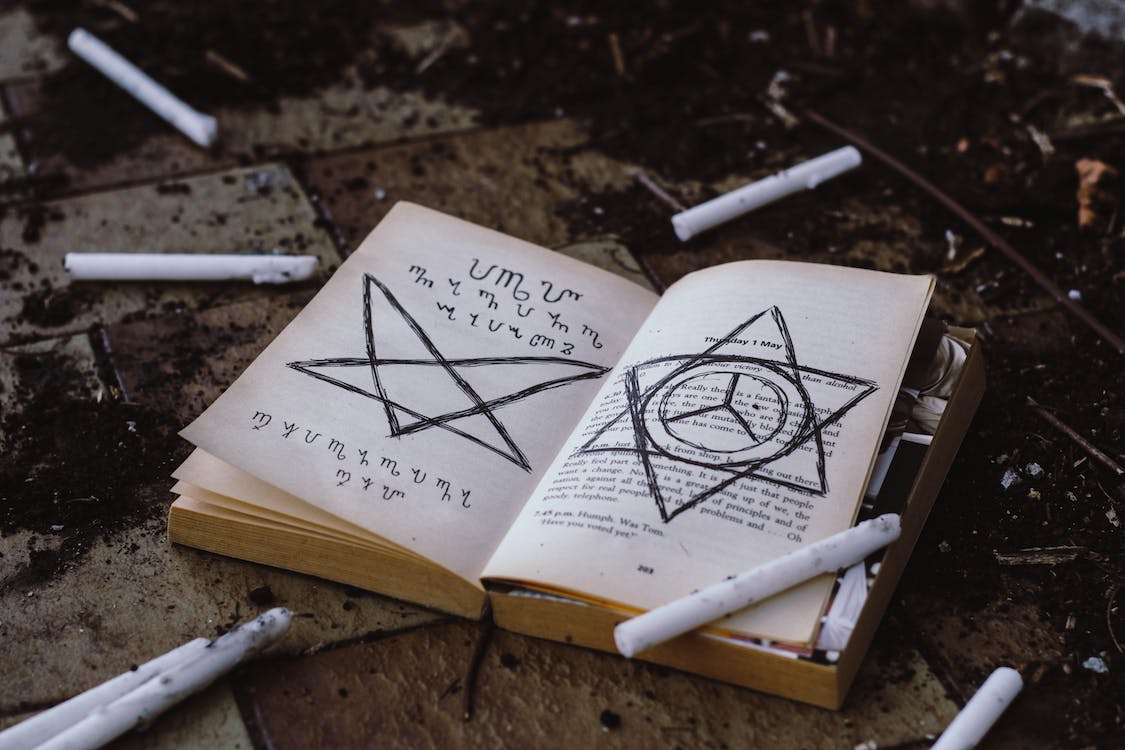
FAQ About Wicca

Are there holidays in Wicca?
Yes, Wicca has its own set of holidays, which are referred to as Sabbats. These Sabbats mark significant points in the agricultural and astronomical calendar, honoring the cycles of nature and the changing seasons. There are eight Sabbats in Wicca, which are divided into two categories: the Greater Sabbats, also known as the Wheel of the Year, and the Lesser Sabbats.
The Greater Sabbats, or the Wheel of the Year, consist of four major celebrations:
- Samhain (October 31st): Samhain marks the Wiccan New Year and is associated with honoring ancestors, divination, and the thinning of the veil between the physical and spiritual realms.
- Yule (December 21st): Yule is celebrated around the winter solstice, marking the shortest day and longest night of the year. It is associated with the rebirth of the Sun, the return of light, and the renewal of life.
- Ostara (around March 21st): Ostara celebrates the spring equinox when day and night are of equal length. It signifies the awakening of nature, fertility, and the balance between light and darkness.
- Beltane (May 1st): Beltane represents the height of spring and the celebration of fertility, growth, and union. It is associated with Maypole dances, bonfires, and the honoring of the sacred union between the god and goddess.
The Lesser Sabbats, or the Cross-Quarter Days, mark the midpoint between the solstices and equinoxes:
- Imbolc (February 2nd): Imbolc heralds the beginning of spring and is associated with the returning light, purification, and the goddess Brigid.
- Litha (around June 21st): Litha marks the summer solstice, the longest day of the year, and is celebrated with bonfires, honoring the sun's energy, and the abundance of nature.
- Lammas/Lughnasadh (August 1st): Lammas or Lughnasadh signifies the first harvest and the beginning of the harvest season. It is associated with gratitude, abundance, and the god Lugh.
- Mabon (around September 21st): Mabon celebrates the autumnal equinox, the second harvest, and the balance between light and darkness. It is a time of reflection, thanksgiving, and preparation for the coming winter.
